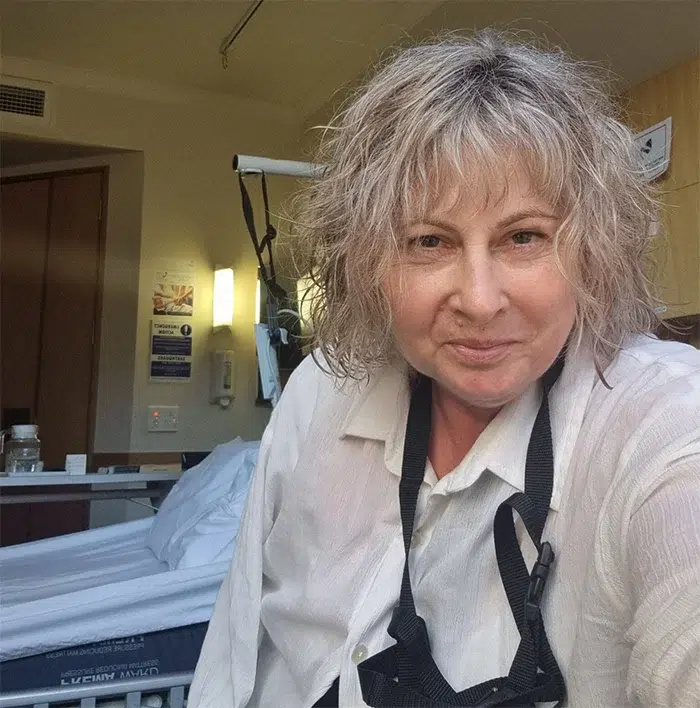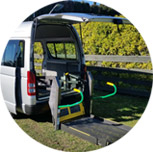At Freedom Mobility we’re used to helping others regain their independence after injury. But when our South Island superhero Ange became the victim of medical misadventure, she experienced first-hand all the pain and restrictions that threaten that independence.
Polymyalgia rheumatica is an inflammatory disorder that can affect almost anyone, though you are more likely to suffer from it as you age, particularly among women and those of north-European descent. What causes it isn’t known exactly, but both genetics and environmental triggers are thought to be at work. Effects typically include muscle pain and stiffness. When Ange, Freedom Mobility’s South Island supremo and everyday superhero, came down with it, her expectation was that she’d go through the usual treatments and gradually get better. But fate dealt a different hand.
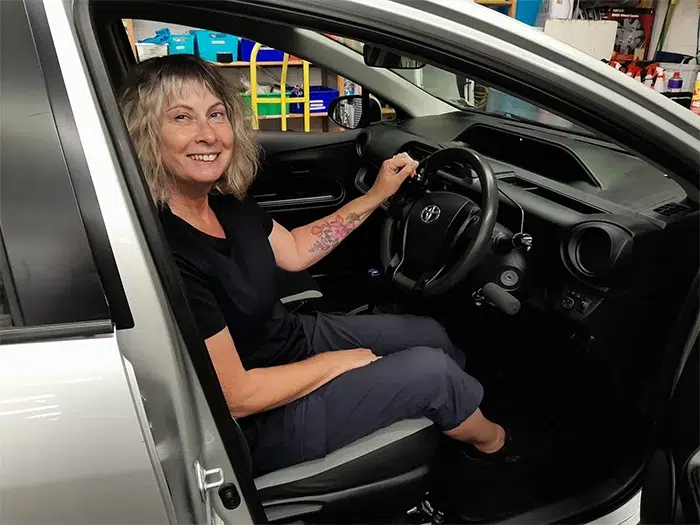
Breaking bad
“I started back in 2022 on a fairly high dose of steroids, then coming down, and it helped with the pain which was good,” says Ange. “Then in April last year I thought, gosh, my shoulder’s sore. I thought I’d pulled it, reaching up for something.” It was at this point that things began to come off the rails for Ange, as first she was diagnosed with bursitis then with a contradictory diagnosis of frozen shoulder. The specialist proffering the latter diagnosis proceeded with a prednisone injection into the shoulder.
The pain, however, was immediate and intense. And it didn’t let up. “I went for an X-ray, and that’s when it all started,” recounts Ange. “The prednisone had stopped the blood supply to my shoulder, so my shoulder was essentially dead and dying. There were fragments of bone everywhere.” Her shoulder socket had started to break up, with the normally ball-like head of her humerus now flat faced.
No quick fix
For months, Ange was in tremendous pain and ended up having to take morphine just to get through each day. Unable to use her arm, it hung loosely by her side, her muscles atrophying. Driving was problematic and painful, as she struggled to turn the steering with her ‘good’ arm, which then became unbearably stiff and sore.
A little good news emerged when ACC approved her claim, as medical misadventure. This meant she qualified for a modified car from us with adapted steering, about two weeks before her scheduled operation. Getting to this point had taken over six months, but now she could look forward to getting her shoulder fixed and starting the process of rehab.
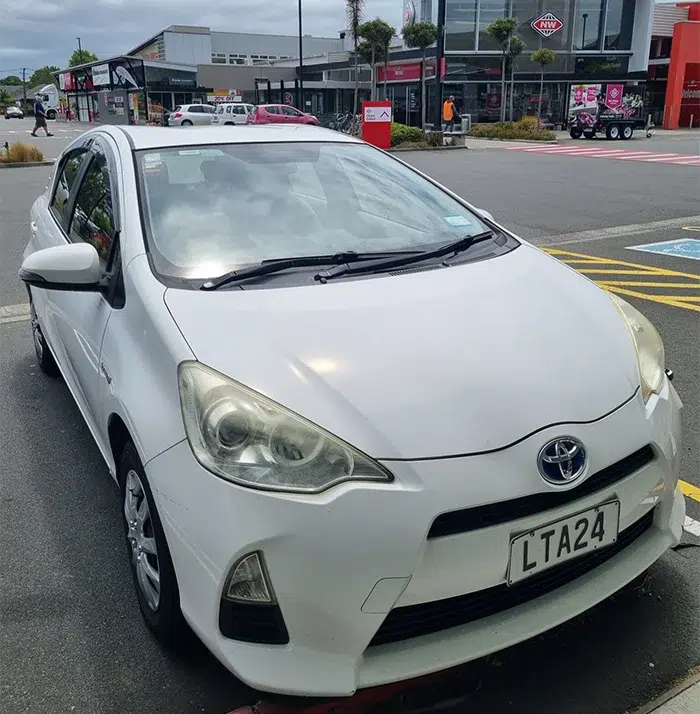
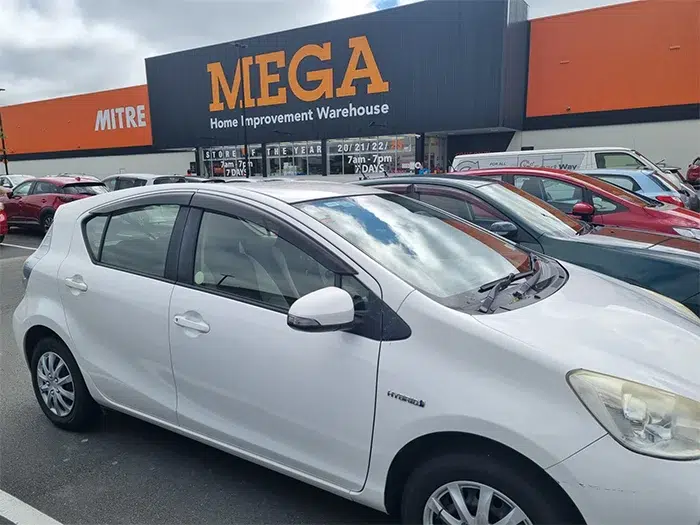
The road to recovery
The damage to Ange’s shoulder and top of the humerus was extensive, so the solution was effectively a complete joint replacement. “I got a whole new titanium shoulder,” says Ange. “Which I’m still recovering from.” That recovery will take a lot of time and effort. “Because I’d lost the use of my bicep, tricep and forearm muscles it’s going to be about a year to recuperate and hopefully get back 90%.” After many months away, Ange came back to work and has stepped up her hours recently. The modified car has proven a godsend, and Ange is full of praise for ACC funding it and getting it to her before the operation. With a bit of intervention from the surgeon’s PA, things moved swiftly, and the difference it made was extraordinary. “Just having a car there when you want it makes so much possible,” says Ange. “Beyond the things that ACC usually consider, like getting to work, to medical appointments and so on, it just makes life more normal. You do get cabin fever, so just being able to meet someone for coffee, get over to see the grandkids, little things like that. It definitely helps with your recovery, and your mental health,”
An opportunity for insight
Ange has always had an abundance of energy and optimism, so it’s perhaps natural that she can see a bright side to her terrible experience. Even so, it’s a rare insight. “I really think it’s made it easier to understand and empathise with people and their injuries. How long it takes to recover, the pressures they’re under. And just dealing with the pain all the time. Often when I have been instructing people how to drive with hand controls, it’s been an exercise in patience because they can can be so tentative. But of course so was I, because I was so protective of my shoulder. I didn’t want any sudden stop because it could undo everything that had been done. In so many ways, it’s been a good thing.”
With Ange back at work, her time with the modified car will soon be coming to an end. But it’s events like this that make us all realise the truth that underpins our name: we deliver freedom and mobility to people at the times when they need it most. And we couldn’t be happier about that.
